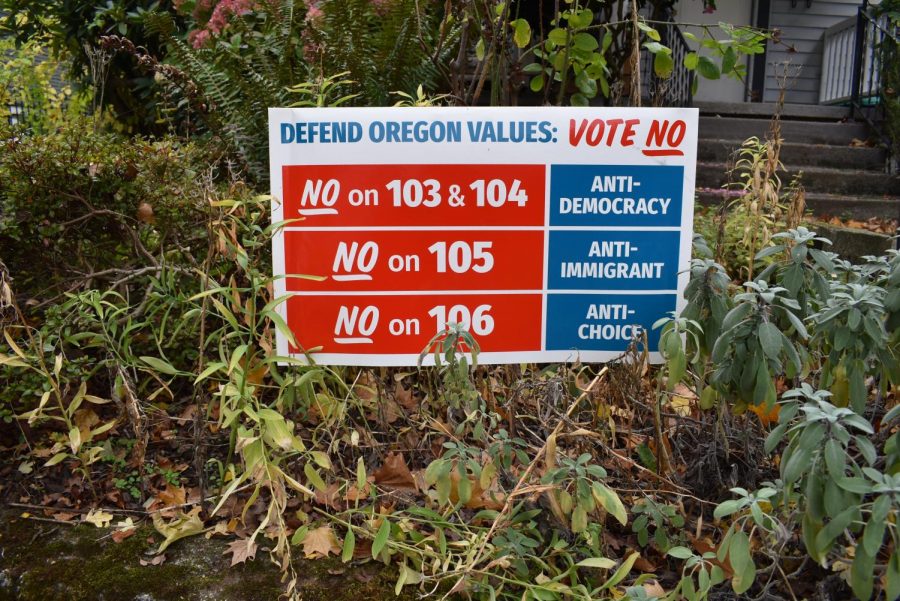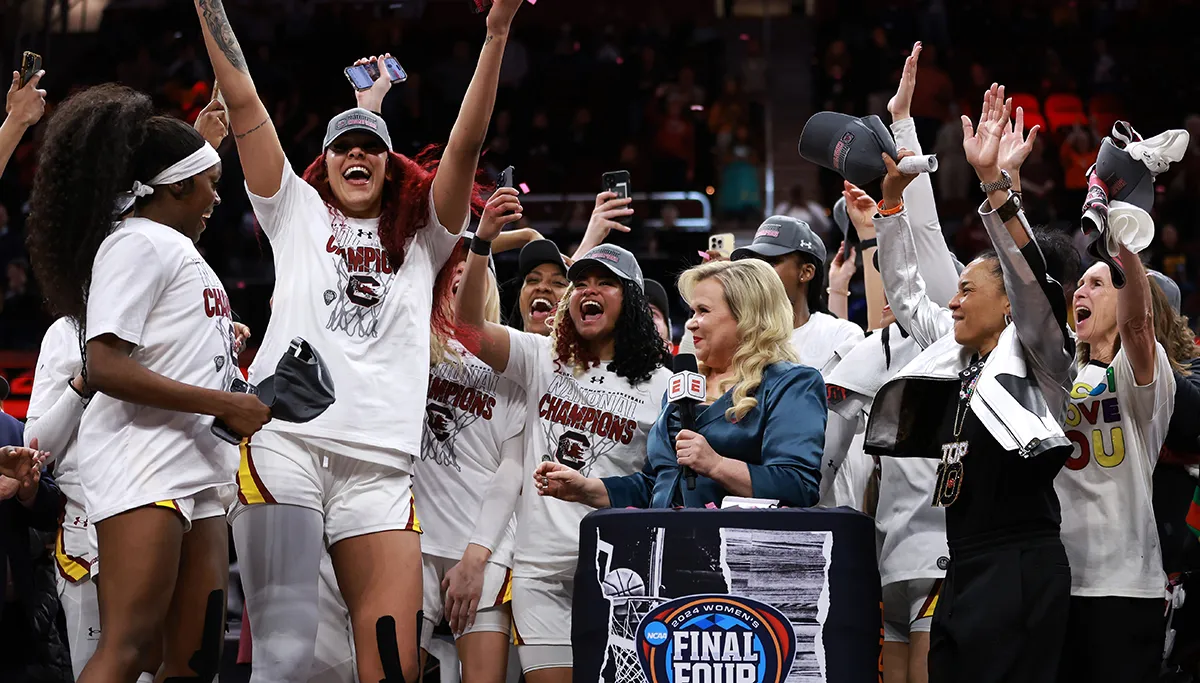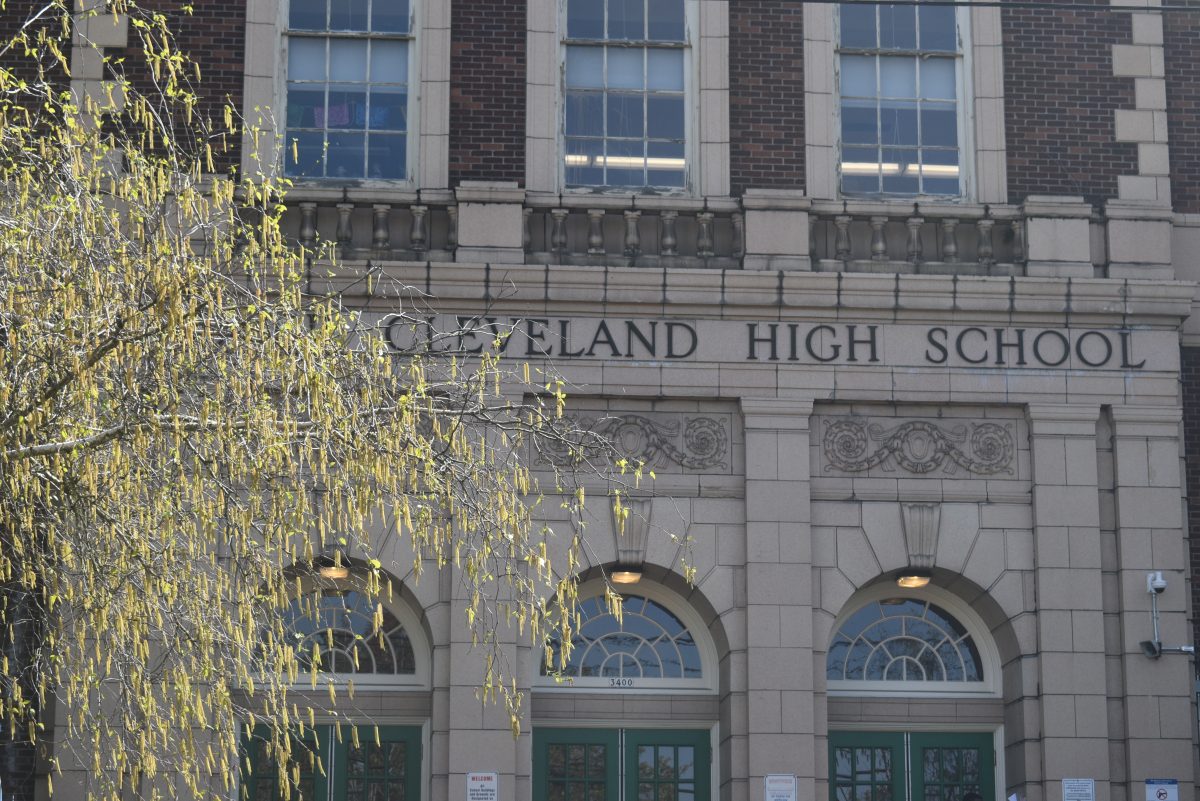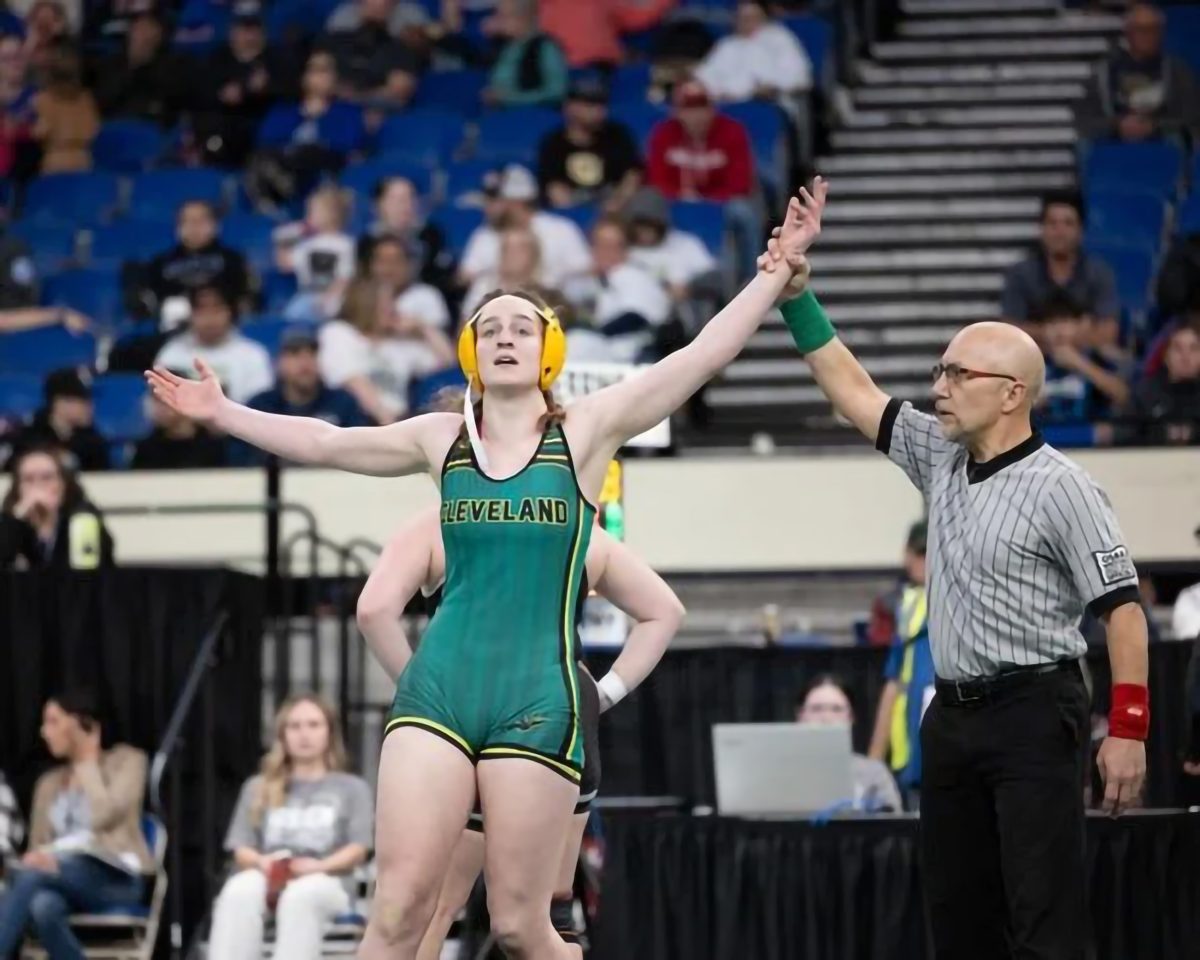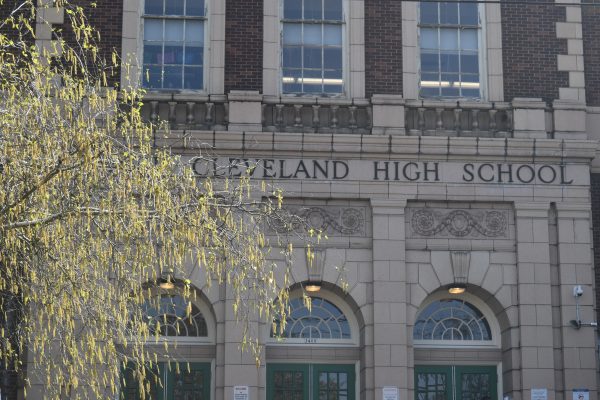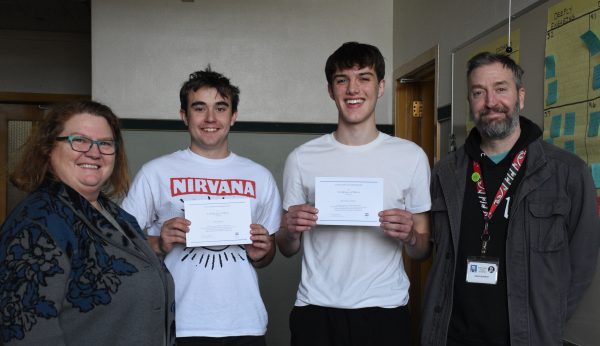Oregon Election 2018
Clarion photo Alex Cheriel
The liberal group Defend Oregon urged a “No” vote on four of the five Oregon ballot measures — exactly what voters did.
November 15, 2018
Across the nation, dozens of close races for seats in Congress resulted in points of celebration and points to be desired for both major political parties. The Republican Party retained control of the Senate, while the Democratic Party won a majority of House positions. The Oregon ballot, however, was not one rife with competitive races. Here is a brief overview of who was elected, what measures passed, and possible implications of the election.
Each of Oregon’s five representatives in Congress, four Democrats and one Republican, easily won re-election. In District 1, Washington County and the Northern coast, Democrat Suzanne Bonamici defeated Republican John Verbeek by 30 percent. In District 2, making up Central and Eastern Oregon, Republican Greg Walden defeated Democrat Jaime McLeod Skinner by 18 percent. In District 3, Multnomah County, Democrat Earl Blumenauer defeated Republican Tom Harrison by 53 percent. In District 4, Southern Oregon, Democrat Peter DeFazio defeated Republican Art Robinson by 15 percent. DeFazio is the longest-serving Oregon congressman, having been in office since 1987. District 5, the Willamette Valley and the central coast, featured the closest race. Democrat Kurt Schrader defeated Republican Mark Callahan by 13 percent.
In the race for Governor, Democrat Kate Brown led Republican Knute Buehler by an average of four percent in the polls. The polls proved a good indicator of the election, as Brown won re-election by a margin of six percent. Buehler earned widespread support from rural Oregonians; 29 of Oregon’s 36 counties voted in his favor. However, Brown won the election on the strength of Multnomah County voters, earning 203,000 votes to Buehler’s 61,000. Brown and Buehler both pledged to improve education, healthcare, and other programs. However, Buehler took a more conservative stance than Brown on the issues of immigration, housing, and public spending, losing support from many Portland-area residents, which make up approximately half of Oregon’s population.
Measure 102 was the only of five Oregon ballot measures to pass in this year’s election. This measure will allow local governments to use bond revenue to build affordable housing in partnership with businesses and nonprofits. It passed by a margin of 13 percent.
Measures 103 and 104 were both heavily backed by businesses and commerce groups. Measure 103 proposed to prohibit enactment of sales taxes on groceries and taxes on revenue of businesses in the food industry. It failed by 15 percent. Measure 104 proposed to require a 3/5ths “supermajority” vote on any legislation increasing state revenue. It failed by 30 percent. Had Measure 104 passed, however, it may not have made a difference. Democrats won 3/5ths of the positions in both houses of the Oregon Legislature.
Measures 105 and 106 were both initiated by conservative groups, and failed by large margins. Measure 105 intended to repeal the state law that limits the use of state resources to apprehend people whose only violation of law is related to immigration. It failed by 27 percent. Measure 106 sought to prohibit public funds from being spent on abortions or health insurance plans covering abortion. Although Oregon voters rejected this measure by a margin of 29 percent, similar measures passed in Alabama and West Virginia.
Retiring Commissioner Dan Saltzman opened up a vacancy in the Portland City Council. His role included management of three important City bureaus: Portland Fire and Rescue, Portland Bureau of Emergency Management, and Portland Bureau of Emergency Communications. Loretta Smith and Jo Ann Hardesty competed for the position. Both candidates have plans to tackle the issues of homelessness, housing, and economic opportunity. Smith’s moderate political views earned her support from a wide variety of business groups. Hardesty’s more liberal viewpoints won her greater support from labor unions, environmental groups, and other organizations. Hardesty cruised to an easy victory, taking 62 percent of the vote. She will be the first African American woman to serve on the Portland City Council.



